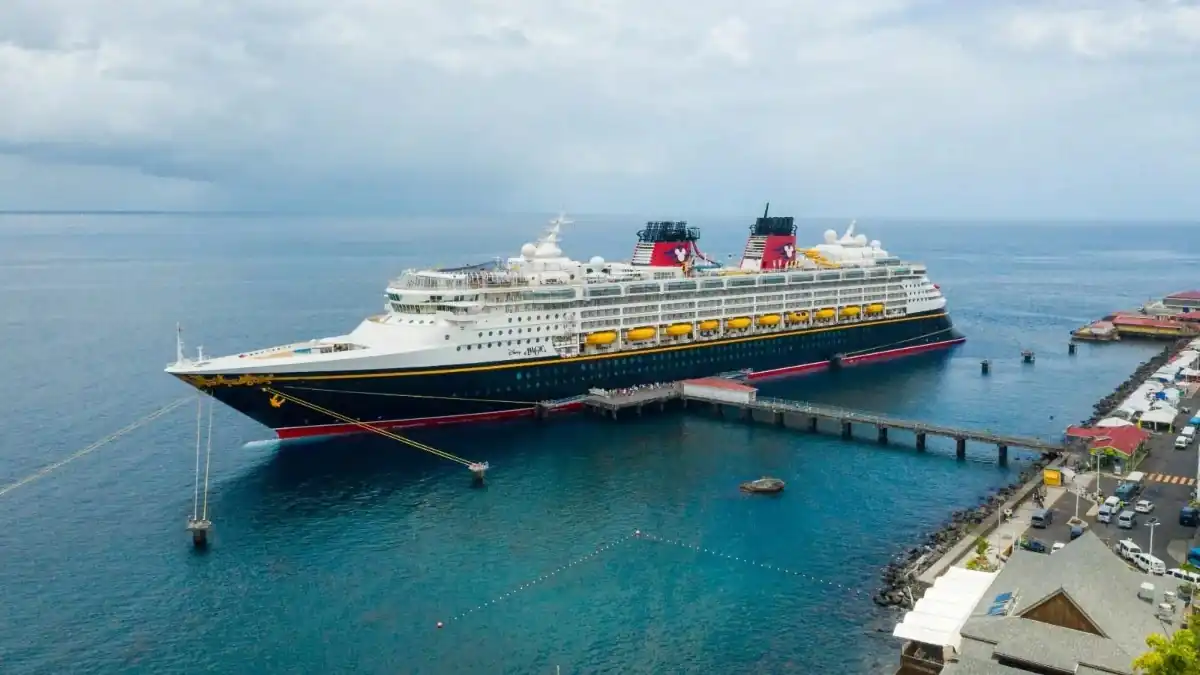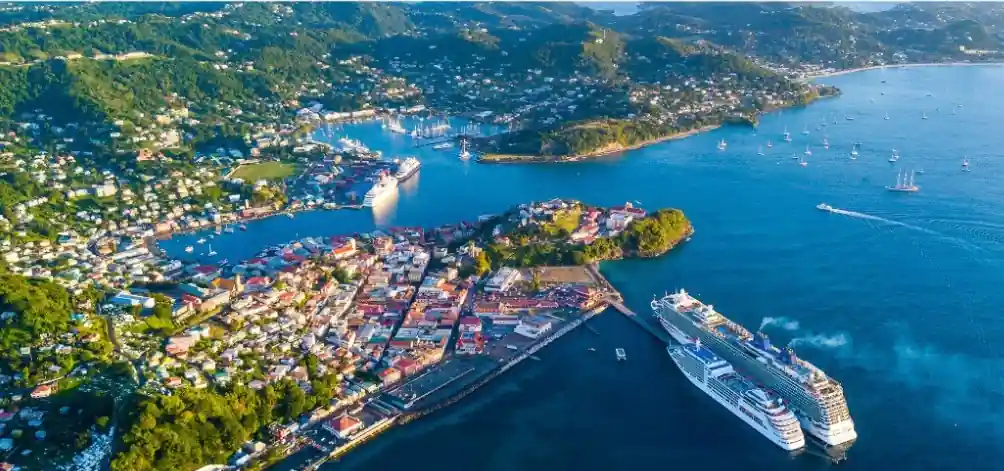UNESCO reports: 430 Million Metric Tonnes of Plastics are produced each year
UNESCO states that the huge amount of plastic generating in a year is a threat to the biodiversity. For its preservation, the actions are required.
17th of December 2023

The United Nations Educational, Scientific and Cultural Organization (UNESCO) has stated that plastic across the globe is produced in large quantities, that is 430 million metric tonnes every year.
Such a huge count is disturbing the peace with nature and is highlighting the need to take urgent action to beat plastic pollution. UNESCO even reported that if no action is taken, the figure (430 million metric tonnes) is projected to triple by 2060.
In this concern, an organization introduced “UNESCO supports biodiversity” for the preservation of nature. This transformation action is based on three pillars, which are as follows:
- Restoring: The relationship between humans and nature.
- Conserving: The harmony of our ecosystems.
- Amplifying: The power of youth.
This transformation action evidently states the role of humans in conserving nature.
Caribbean – Plastic Waste-Free Islands
Emphasizing the Caribbean region regarding this plays a very crucial role as the region is a biodiversity hotspot because of the water bodies. Plastic pollution is a major threat to marine species.
Significantly, the region holds 10% of the world’s coral reef and 1400 species of fish and marine mammals. The region’s prosperity, to a major extent, depends upon the coastal ecosystem concern with which the Plastic Waste Free Island Project (PWFI) has already been implemented by the International Union for Conservation of Nature (IUCN).
This project has been taken in collaboration with the authorities and the stakeholders of various Caribbean Islands, which are as follows:
- Antigua and Barbuda
- Grenada
- Saint Lucia
Moreover, the PWFI Project outlined the outcomes by generating awareness among the public of waste generation and repurposing waste into commercial products. Along with it, the project highlighted waste management in consideration of tourism and fisheries. Waste management is highlighted by classifying it as recyclable and non-recyclable plastics.
Considerably, nine concept solutions were identified for the reduction of plastic leakage. Lis to these are as follows:
- Bottle-to-bottle recycling
- Reusable PET water bottles from bottling companies
- Reusable water bottles at the hotel
- Fishery solutions: net-to-net recycling
- Fishery solutions: Reusable fish packaging
- Reusable food containers
- Non-food Dispensing system
- Waste to product
- Circular B2B logistics
The dedication of the region towards the betterment is bound to make it a better place to live in.
Latest
- Dominica: Dainisha Eusebe crowned Miss Dominica 2026 at Carnival City
-
St Kitts’ Marsha Henderson takes OECS Tourism Chair, calls for greater regional integration -
Regional Leaders congratulate PM Mia Mottley on third consecutive election victory in Barbados -
PM Terrance Drew meets PM Roosevelt Skerrit to strengthen CARICOM ahead of 50th Heads of Government Meeting -
BLP Secures Third Consecutive Term in Barbados, Sweeps All 30 Parliamentary Seats
Related Articles


28th of November 2024

22nd of November 2024

20th of November 2024

25th of November 2024

24th of November 2024

18th of November 2024

